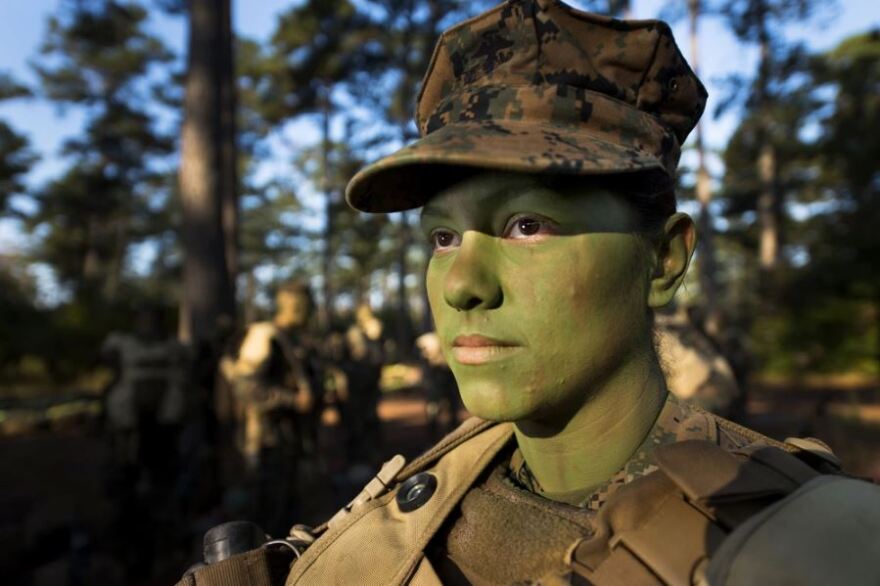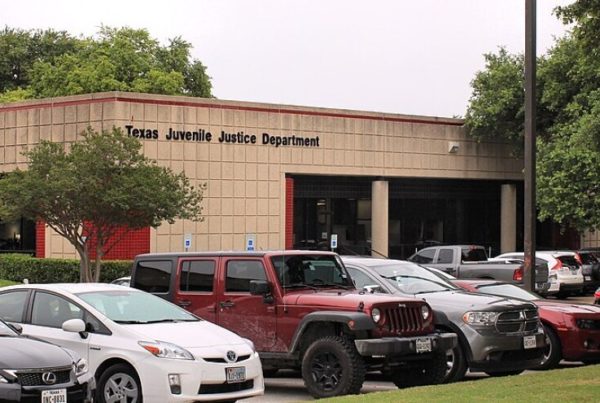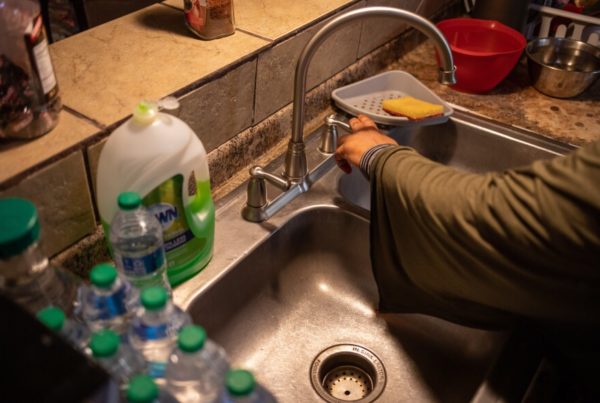The Women and War Oral History Project started with a $100,000 grant from the National Endowment for the Humanities and a mission to document how war has impacted the lives of women since World War II.
“As historians, we look for records of the past, and one of the reasons we started this project is that, too often, military history is centered on the male narrative,” said Kirsten Gardner, associate professor of history at UTSA and project co-director.
According to the UC Santa Cruz Library, “Oral history is a method of conducting historical research through recorded interviews between a narrator with personal experience of historically significant events and a well-informed interviewer, with the goal of adding to the historical record.”
When coupled with other primary sources, oral histories can provide deep insight into major events of the past.
Students practiced the methodology by carrying out interviews with military women in South Texas, as well as a scattered few from around the globe. The spoken accounts they recorded were unique, subjective and personal.
“This collaborative process between the interviewer and the narrator produces the most beautiful stories, and they just continue to amaze us as we go through,” said Valerie Martinez, assistant professor of history at Our Lady of the Lake and the project’s co-director.
San Antonio played an outsized role in some of the women’s narratives, given its status as a center for military recruitment and training.
Though the women interviewed had vastly different military experiences, Gardner said a few trends emerged.
“We found a lot of women being told they can’t do this, and then doing it. Women described putting on the uniform, and this incredible sense of service just permeated the entire interview,” Gardner said. “We heard stories of camaraderie and the ways that families were created while serving overseas.”
But just as the military created opportunities for women, it also took them away.
“Women described racism in the military, sexual harassment, sexual assault, medical conditions that forced them to leave what they saw, originally, as a great career path,” she added.
Next steps for the project
The two historians believe that the veterans’ narratives offer new ways of understanding gender integration in the armed services, as well as women’s entry into combat positions. They think it may also offer templates for shared governance in the military.
Martinez and Gardner hope the oral histories will also be a catalyst for reflection.
“In the midst of these discussions about women facing very traumatic experiences — sexual assault and harassment and cases of racial discrimination — I would hope that there would be people who would take these personal narratives and use them to change policy, to enhance it, to make it better, to make these ways of reporting easier on women,” Martinez said.
For now, there’s a lot more data from the project to analyze.
“Our job as historians is to both recognize the uniqueness of these qualitative stories that are individual to every person, but also to identify patterns,” Gardner explained. “There are patterns that we sense in terms of the experiences people had according to their rank. There are patterns that we sense in terms of the opportunity the military provided and also the opportunities that were thwarted.”













